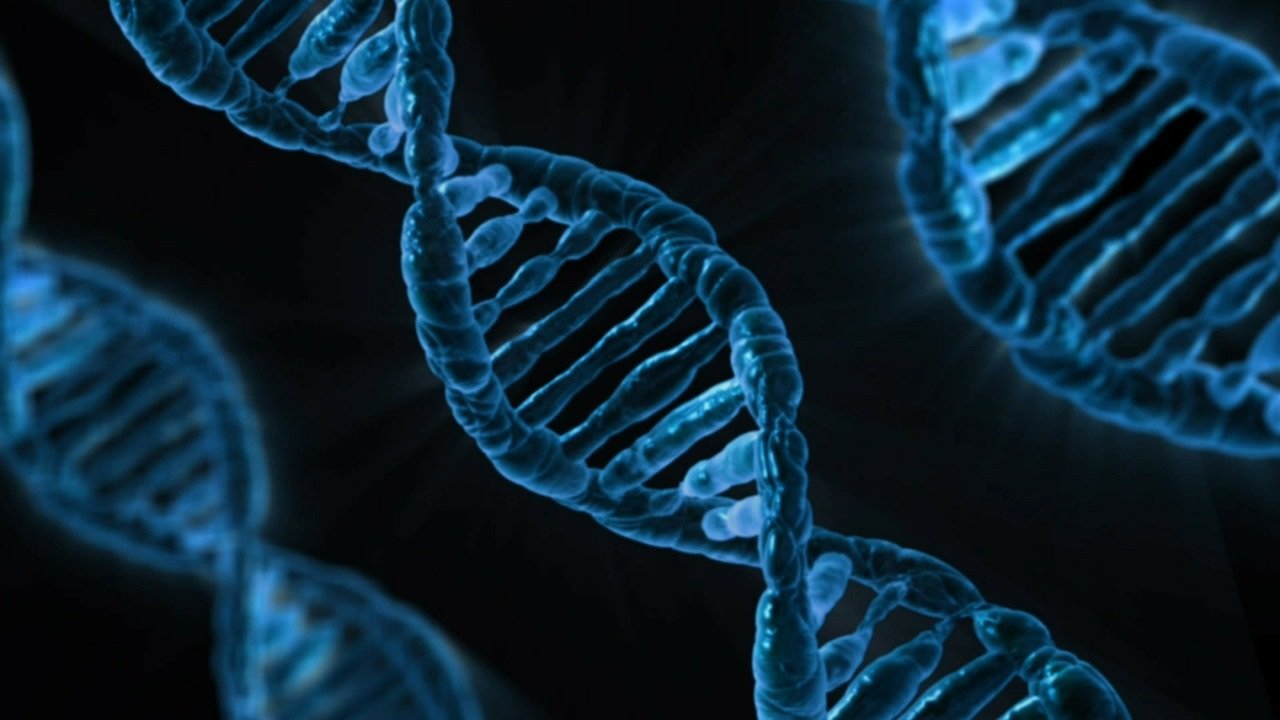In science fiction films, mutation can allow characters to shoot spider’s web from the wrist. That is unlikely to happen in real life but mutation does occur.
In science fiction films, mutation can allow characters to shoot spider’s web from the wrist. That is unlikely to happen in real life but mutation does occur.
A cloud to every silver lining?
DNA and RNA are produced form a series of building blocks (nucleotides). The exchange, addition or subtraction of one or more nucleotides is termed a mutation. Mutations can happen spontaneously, for instance during cell division. They can also take place as a result of damaging outside influences, such as UV radiation. A mutation can be advantageous to an organism by creating a new favourable characteristic. On the other hand, a mutation can also be disadvantageous by disrupting the functions of the cell. An example of this is cancer, when mutation causes a cell to reproduce uncontrollably.
Change more easily
Mutations are relatively unusual, only one in ten million DNA nucleotides. However, microbes reproduce quickly and often have only a small amount of DNA. Average bacteria have only about 5 million base pairs. So one or two errors in the genetic code will occur in each new generation. These mutations provide genetic variation and therefore play an important part in the ability of bacteria to adapt and survive.

